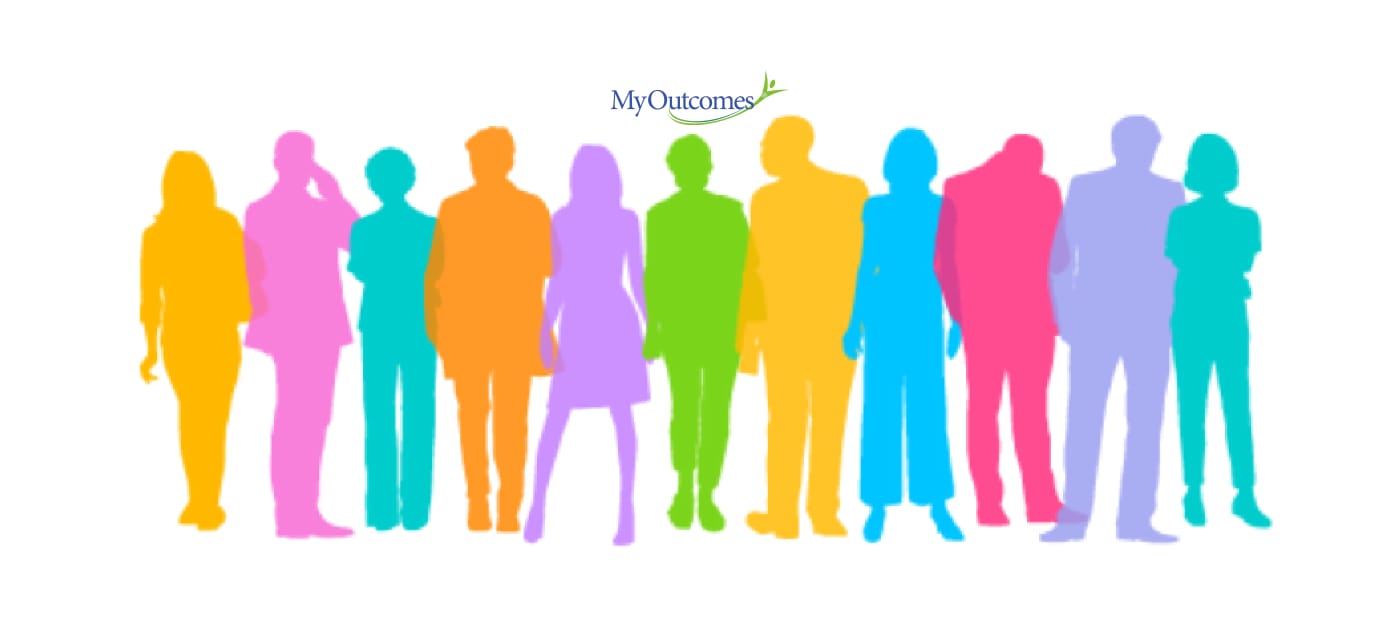Psychotherapy can be a rewarding practice for mental health professionals such as therapists/counselors, social workers, psychiatrists, and others. The lives of their clients are positively impacted by psychotherapists who assist clients in creating plans to support mental health, manage mental disease, and lead satisfying lives. On the other hand, psychotherapy is a high-stress profession that can be emotionally taxing and demanding.
Emotional distress is a common occurrence among therapists. They often face unique stressors due to their work with mismatched clients, paperwork, long hours, and personal life. These stressors can lead to burnout, exhaustion, compassion fatigue, depersonalization, and difficulty managing workloads. Common signs of burnout include difficulty managing daily life, decreased productivity, increased sick days, feelings of helplessness, increased pessimism, and difficulty maintaining an optimistic state of mind, among others.
The impact of therapist burnout varies as mental health clinicians may experience varying stressors at different stages of their careers and client experiences. To maintain self-awareness and prevent chronic work-related stress, it is essential to monitor oneself for signs of these problems. By doing so, therapists can better support themselves and their clients, ensuring a healthy work environment.
Therapy has the ability to connect with clients of varying ages, races, genders, and backgrounds. Therapists and counselors often navigate this intricate terrain through the establishment of a therapeutic alliance—a collaborative partnership built on trust, empathy, and effective communication. At the heart of fostering these connections lies Feedback-Informed Treatment (FIT) a dynamic approach that utilizes tools like the Outcome Rating Scale (ORS) and Session Rating Scale (SRS) to enhance the therapeutic process.
The therapeutic alliance is the cornerstone of effective counseling, it transcends demographic differences to create a space where clients feel understood, respected, and supported. The therapeutic alliance involves the collaborative efforts of both therapist and client, working together to achieve therapeutic goals. However, establishing and maintaining this alliance can be challenging.
Dr. Scott D Miller’s FIT is a therapeutic approach that prioritizes the client’s voice and uses routine feedback to adjust therapy approaches. The ORS allows clients to rate their well-being and progress in therapy, allowing therapists to tailor interventions and align therapy with their evolving needs. The SRS, on the other hand, assesses the client’s experience of the therapeutic session, allowing therapists to adapt their approach to enhance the client’s experience and engagement. Both tools are essential in fostering a strong therapeutic alliance.
To prevent burnout as a therapist:
- manage your workload, reduce number of clients and number of sessions
- research the effectiveness of your work to identify progress
- focus on self-care and self-acceptance,
- build supervisor relationships and safe spaces to reduce disengagement
- create a personal inventory, successes are motivating and energizing
- continue to learn and develop new skills,
- strengthen resilience through mindfulness to help cope rebound and recover.
MyOutcomes is one of the best platforms which can help anyone who wants to have FIT tools like ORS and SRS in their daily psychotherapy. Burnout exists in this field and MyOutcomes is there to help. So, contact MyOutcomes and get all the help from a FIT programme in your mental health practice today.




